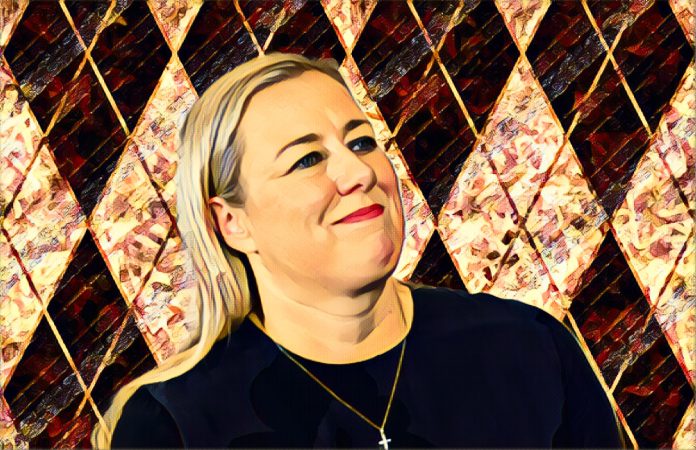The European Union (EU) has announced a new initiative to boost infrastructure development in Nigeria and other African countries. The initiative, called Global Gateway, aims to mobilize €300 billion in investments by 2027, half of which will be allocated to Africa.
The EU Commissioner for International Partnerships, Jutta Urpilainen, launched the Global Gateway initiative on Thursday in Abuja, Nigeria’s capital. She said the initiative is the EU’s positive offer to build resilient connections worldwide through strategic partnerships with Nigeria and other partner countries.
The Global Gateway initiative will support Nigeria and other African countries achieve enhanced infrastructure connectivity, including transport, energy, digital networks, agriculture, economic growth, health, and education. It will promote sustainable development and environmental protection and foster cooperation and partnerships with the EU.
Urpilainen said that Nigeria features prominently in the Global Gateway investment package. She said that the EU would support the 5G rollout in Nigeria as part of its efforts to support the digital economy. She also said the EU is working on a potential loan to support small and medium enterprises (SMEs) in the digital and print sectors.
She added that the EU had committed financial resources to support the energy sector, including the setting up mini-grids and small hydropower plants for productive and public purposes. She also said that the EU launched a digital economic package for Nigeria in 2022, with EU and European Investment Banks investments worth €820 million.
Urpilainen said that education is the most transformative investment anyone could make, so an empowerment project is being launched in North Western Nigeria in cooperation with the government to promote quality basic education in the northern regions. She said Nigeria is also a major beneficiary of the student mobility and higher education cooperation project under Erasmus+. More than 2,020 students from Nigeria were granted scholarships for studying in the EU in 2022.
The Global Gateway initiative is part of the EU’s response to the challenges of an increasingly fragmented world. Urpilainen said the initiative is based on shared values, collaboration, and mutual respect between the EU and its partner countries. She also urged the government and the industry to work together to ensure the safety and benefits of the initiative.
The Global Gateway initiative also aligns with President Bola Ahmed Tinubu’s Renewed Hope agenda, which seeks to develop Nigeria for all. The Minister of Communication, Innovation, and Digital Economy, Bosun Tijani, said that working with the EU gives Nigeria the opportunity to leverage its resources to contribute to the world while strengthening its local economies.
Tijani said that Nigeria is a country that is extremely blessed with natural resources and a young, agile population. He said that the Ministry of Communication, Innovation, and Digital Economy would play a central role in achieving the goals of the Global Gateway program.
The EU’s long-term commitment will see investments into various sectors of Nigeria’s economy, such as agriculture (€42 million), energy (€37 million), health (€45 million), digital (€55 million), education (€45 million), and social protection (€46 million).
The Global Gateway initiative is expected to create jobs, improve living standards, and enhance regional integration in Africa. It will also help Nigeria and other African countries to achieve the Sustainable Development Goals (SDGs) and the African Union’s Agenda 2063.



